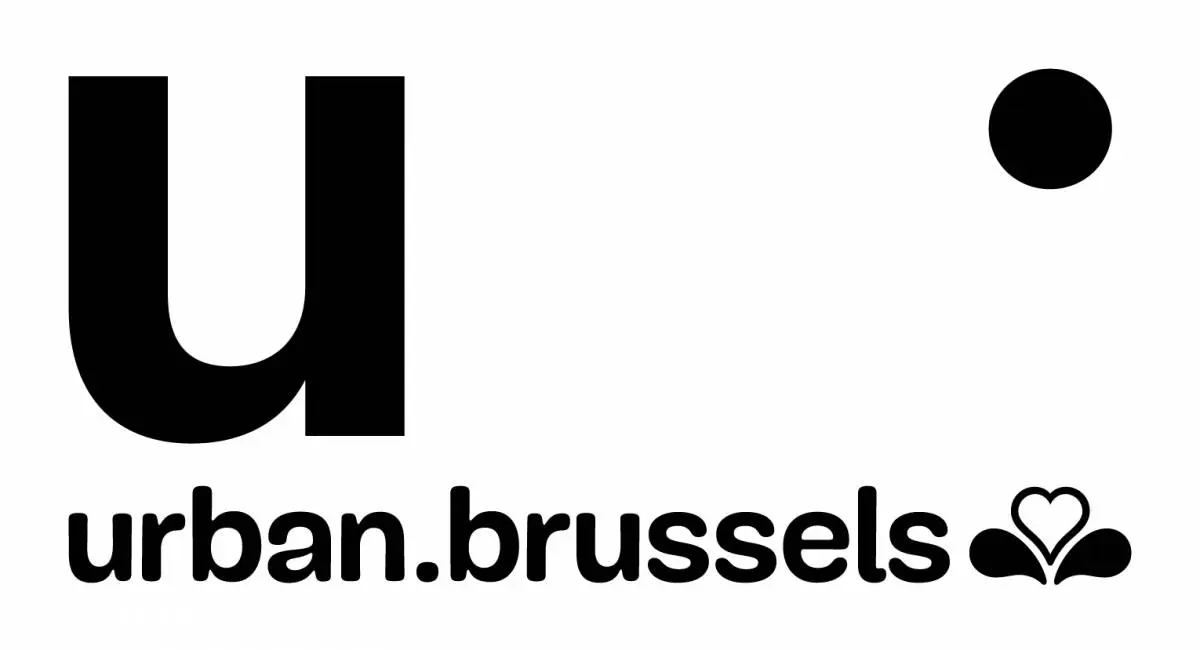Cultural heritage
Conserving and integrating heritage property in daily life.
The Direction du Patrimoine culturel (Directorate of cultural Heritage) is tasked with studying, protecting, preserving and enhancing the status of outstanding property in the Brussels-Capital Region, while integrating it in the present-day urban environment.
The directorate works closely with the Commission royale des Monuments et des Sites in the Brussels-Capital Region, which is the consultative heritage body in the Region.
Built heritage is a very general term, covering structures of historical, archaeological, aesthetic, scientific, social, technical and folklore interest. It concerns all types of building, no matter when they were built, from monuments and archaeological sites to the smallest structure.
The Direction du Patrimoine culturel has a number of tasks connected with identifying and improving the status of this built heritage:
- drawing up heritage lists and keeping them up to date
These lists are generally published on paper or online. They are general lists that systematically catalogue the Region’s structural heritage, like the list of built heritage (FR/NL)External link, the list of archaeological sites (atlas) (FR/NL)External link and the list of heritage sites.
Lists are also drawn up on special themes, such as the remarkable trees (FR/NL)External link and the organs (FR/NL)External link of the Brussels-Capital Region . - protecting built heritage through legal registration on the list of protected buildings and sites
The decision on whether to include a site on the list lies with the Government but the Commission royale des Monuments et Sites may make proposals and the communal authorities, owners or NPOs active in the field of heritage preservation can also file requests. - monitoring work on protected heritage
Regional grants may be available for maintenance and restoration work, for which a permit is generally required. Grants are also available for restoration work on minor structures that are not formally protected. - conducting archaeological excavations, conserving and enhancing archaeological finds, and publishing studies
- participating in European and international projects
- raising awareness among the general public of the role of heritage in society
By far the most popular initiative is the annual Journées du Patrimoine (heritage days), which are held on a weekend in September, when the general public is given access to many protected sites and buildings. Guided tours on foot, by bike and by bus are also offered by various organisations and the communes.
The Direction du Patrimoine culturel also arranges the Lundi du Patrimoine (heritage Monday) for primary and secondary school children in the Brussels-Capital Region, as well as Classes du Patrimoine (heritage classes (FR/NL)External link.
Exploring Brussels heritage
For lots of information on architectural gems in the Brussels-Capital Region, see the Architecture and heritage page on this website.
Code Mémoire
Code Mémoire is an artistic project that aims to promote mediation between the public, the intangible heritage and the territory where the project is located, contributing to the integration of culture into the daily life of neighborhoods and cities.
